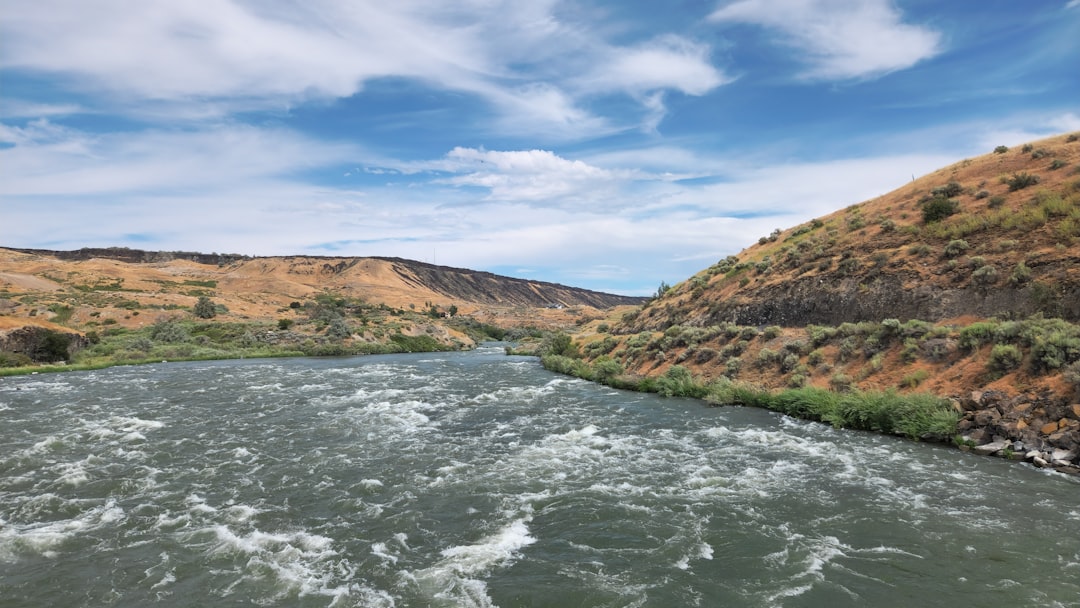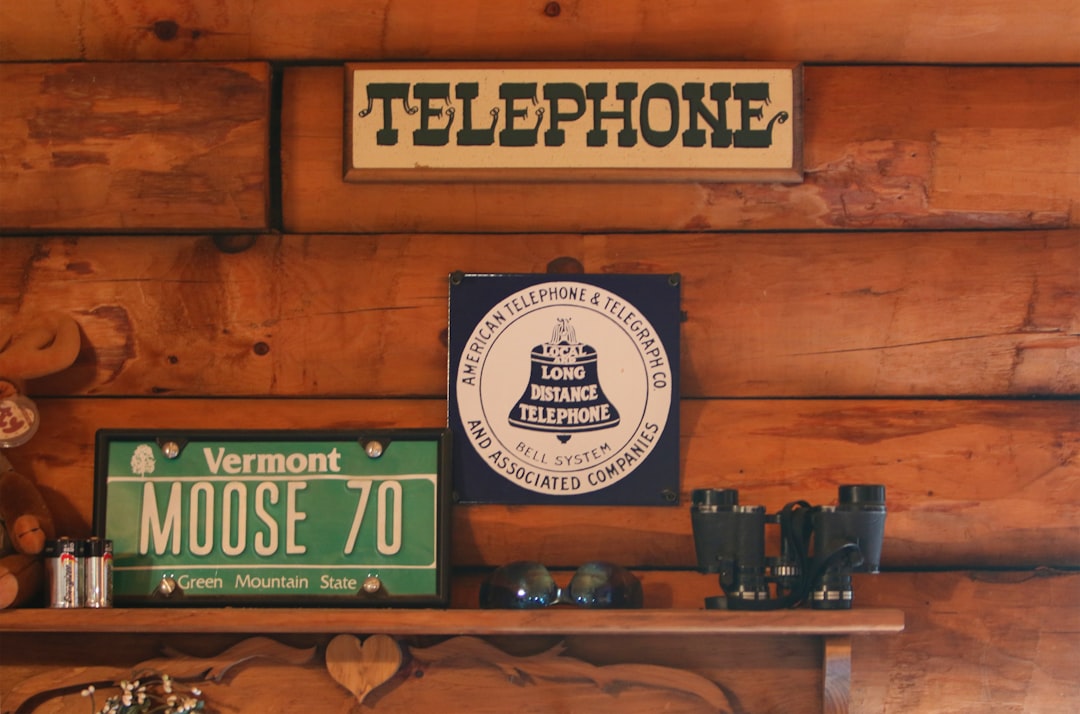To stop spam calls in Idaho, register on the state's 'Do Not Call' list and download apps that block unwanted numbers. Be cautious about sharing personal details over the phone and update software security settings. These measures, along with documenting unsolicited calls, empower residents to protect their privacy and avoid data risks, leveraging legal protections like the TCPA. Implementing these strategies in Boise fosters a safer digital environment.
In Boise, as across the nation, spam calls are a persistent nuisance. With millions of unwanted phone calls flooding Idaho residents’ lines daily, understanding the risks associated with sharing personal information over the phone is crucial. This article delves into the prevalence of spam calls in Idaho, identifies potential risks, offers protection strategies, explores legal rights, and provides actionable steps to effectively stop spam calls once and for all – helping Boise residents reclaim their peace of mind and privacy. Learn how to navigate this modern-day challenge, especially with How to Stop Spam Calls Idaho at your fingertips.
The Prevalence of Spam Calls in Idaho: Uncovering the Problem

Identifying Potential Risks: What to Look Out For

In today’s digital age, it’s easier than ever for scammers to target individuals with phone calls designed to gather personal information. Identifying potential risks is the first step in protecting yourself from becoming a victim. When receiving unsolicited calls, pay close attention to red flags such as requests for sensitive data, urgent demands, or promises of exclusive offers—these are common tactics used by fraudsters.
Boise residents should be wary of calls that seem too good to be true, like winning a prize or inheriting wealth. Additionally, keep an eye out for unusual call patterns, hang-ups, or automated messages asking for your details. To stop spam calls Idaho, consider registering on the Do Not Call Registry and using blocking apps designed to identify and block suspicious numbers. Staying informed about common scams and taking proactive measures can significantly reduce the risk of falling victim to phone-based fraud.
Protecting Your Personal Information: Strategies for Security

Protecting your personal information is paramount, especially when it comes to phone interactions. In Boise, as in many places, spam calls are a common nuisance. But with some simple strategies, you can significantly enhance your security and reduce the risk of sharing sensitive data. One effective method is to be cautious about revealing any private details unless you initiate the call and are certain of the recipient’s identity. Always verify the request for information and never provide personal or financial details over the phone unless you have independently verified the legitimacy of the caller.
Consider implementing additional security measures like using privacy settings on your phone, registering on Do Not Call lists (both national and Idaho-specific), and installing reputable call-blocking apps. Regularly updating your software and being wary of suspicious calls or messages are also crucial steps in safeguarding your personal information from unwanted attention. By adopting these practices, you can make it much harder for spammers to access your data, ensuring a safer digital experience in Boise and beyond.
Legal Rights and Resources: What Every Resident Should Know

In Boise, like in many places across the U.S., residents face a growing issue with unwanted spam calls. While it’s important to share personal information when necessary, it’s equally crucial to be aware of your legal rights and the resources available to protect you from malicious or invasive calls. Knowing how to stop spam calls Idaho can empower you to take control and avoid potential risks associated with disclosing sensitive data.
Idaho residents have certain legal protections in place, such as the Telephone Consumer Protection Act (TCPA), which restricts telemarketers’ practices and provides avenues for redress. If you’ve received unsolicited phone calls, especially those asking for personal or financial information, documenting the calls—including timestamps, call content, and any threats or demands—can be valuable if you decide to file a complaint with the Federal Trade Commission (FTC) or take legal action. There are also do-not-call registries that offer some protection, but staying vigilant and being cautious about sharing details over the phone remains paramount.
Taking Action: How to Stop Spam Calls Effectively

To effectively stop spam calls in Idaho, start by registering your phone number on the state’s Do Not Call list. This official registry helps filter out unwanted telemarketing calls. You can easily sign up online or via phone through the Idaho Department of Consumer Protection. Additionally, consider using specialized apps designed to block and identify spam callers. These apps offer real-time protection and can learn from your interactions to improve their effectiveness over time.
Next, review your privacy settings on social media and other online platforms. Limit the personal information you share publicly and be cautious when providing contact details. Regularly update your security settings, enabling authentication measures like two-factor verification. By combining these strategies, you can significantly reduce the number of spam calls received and enjoy a quieter, more secure communication environment in Boise.






